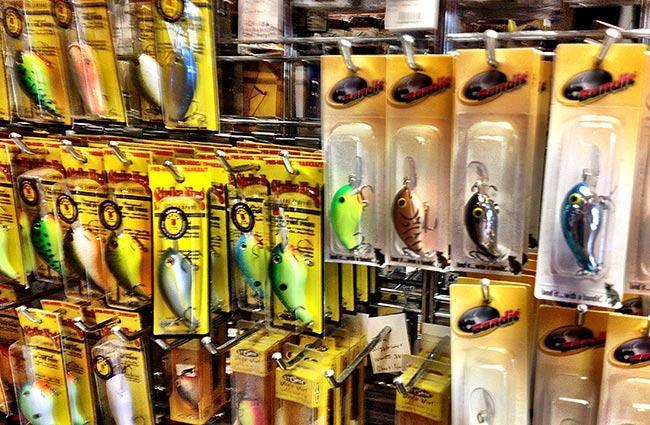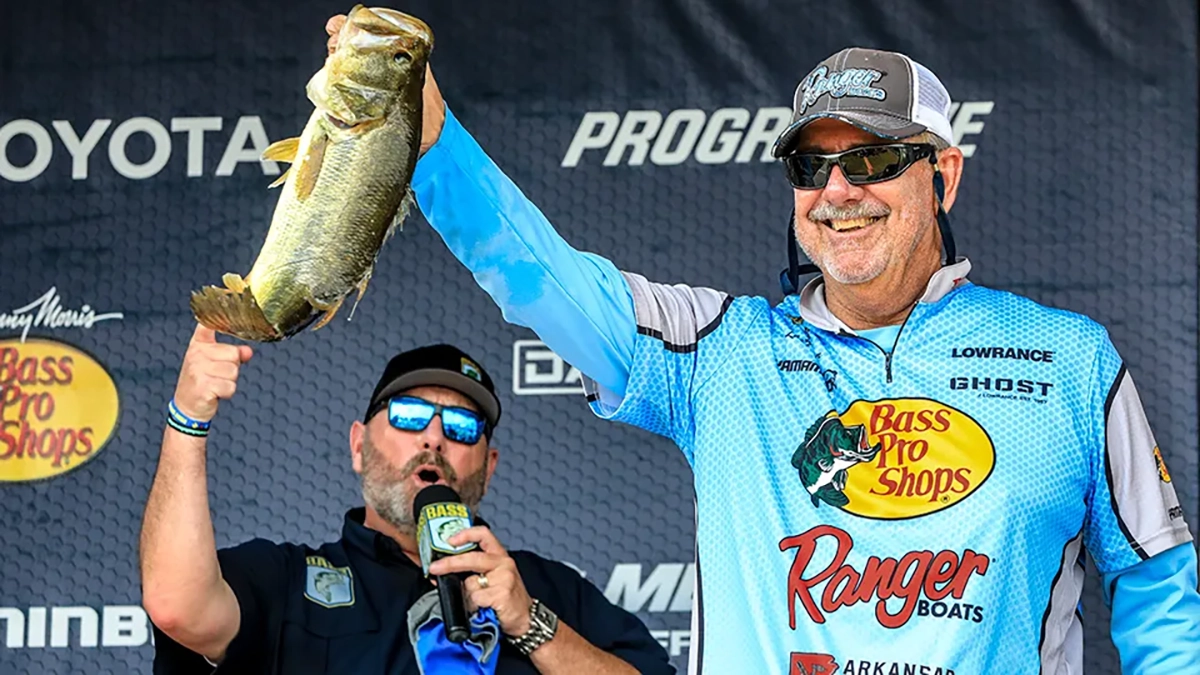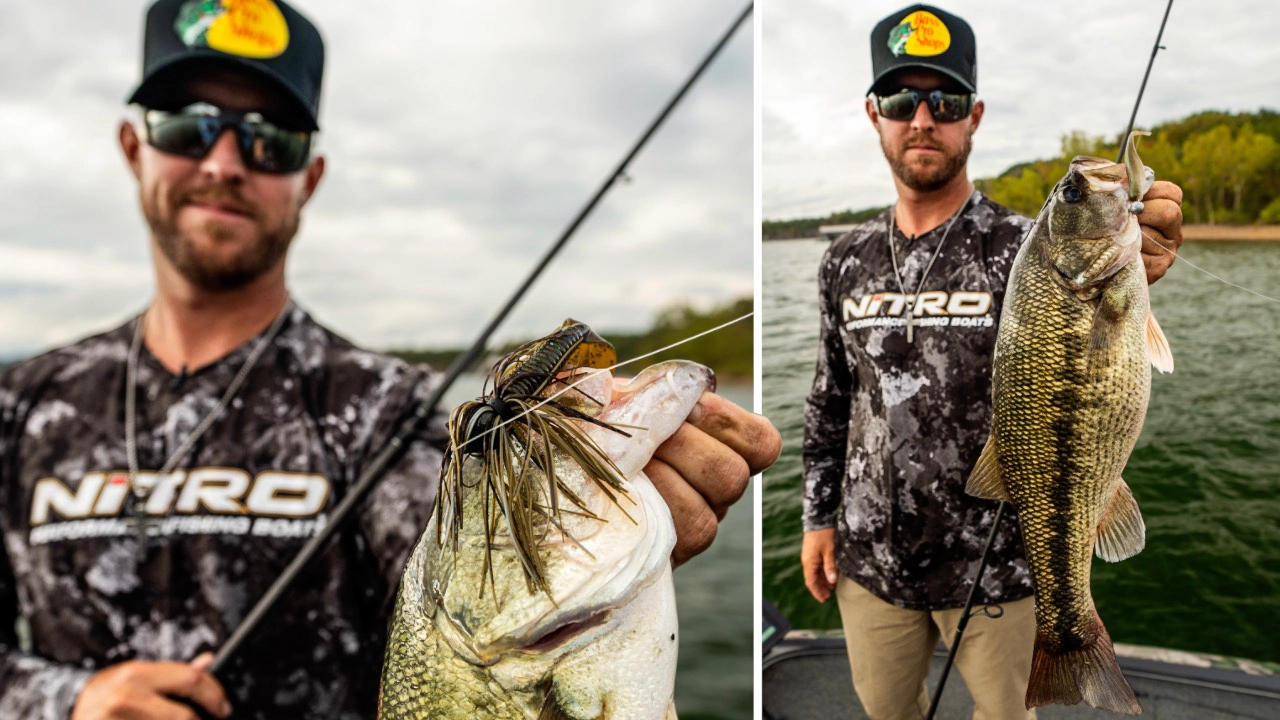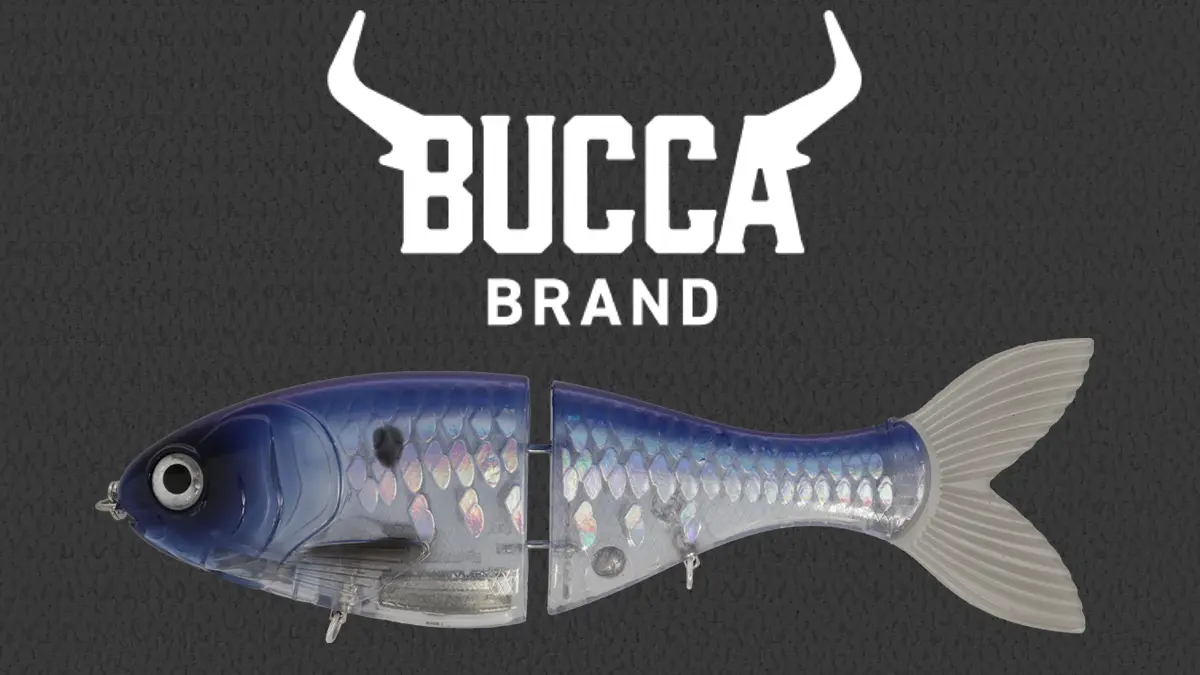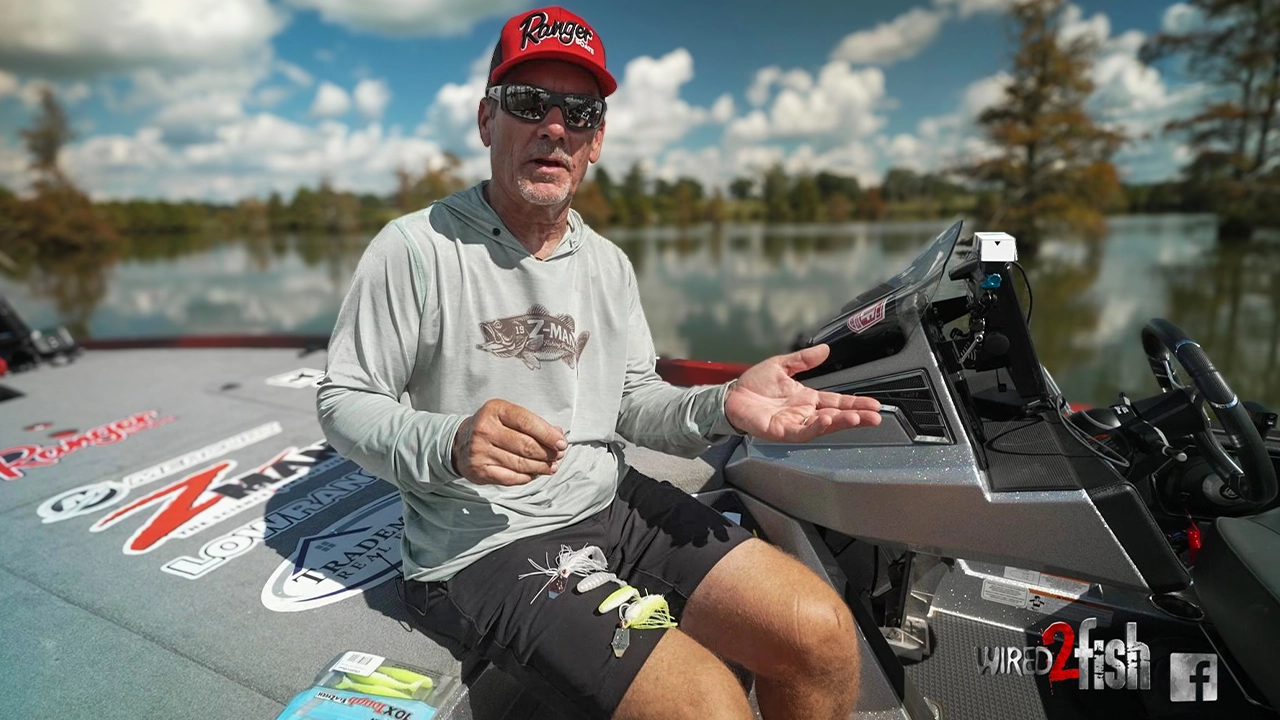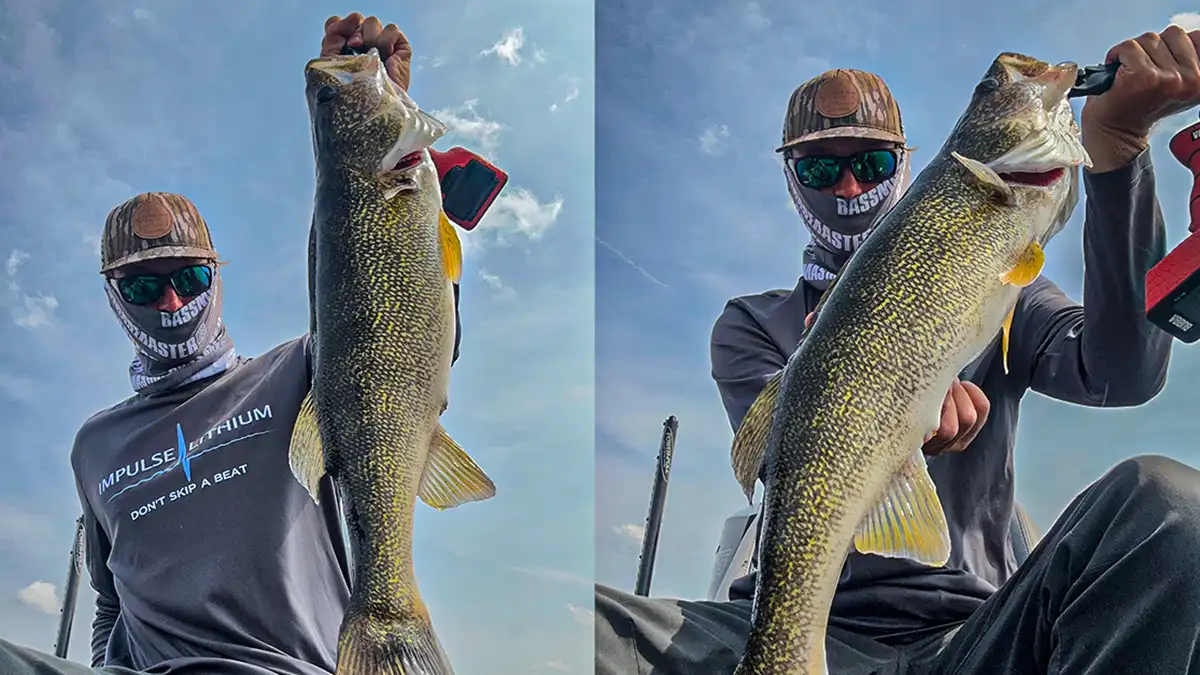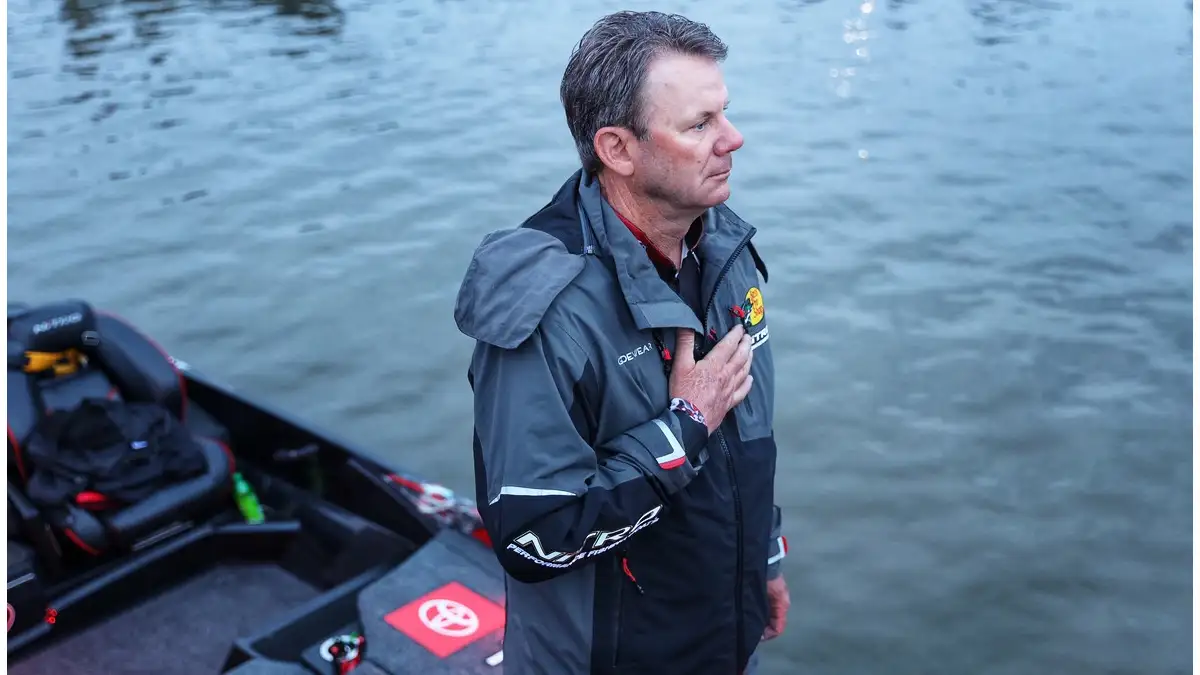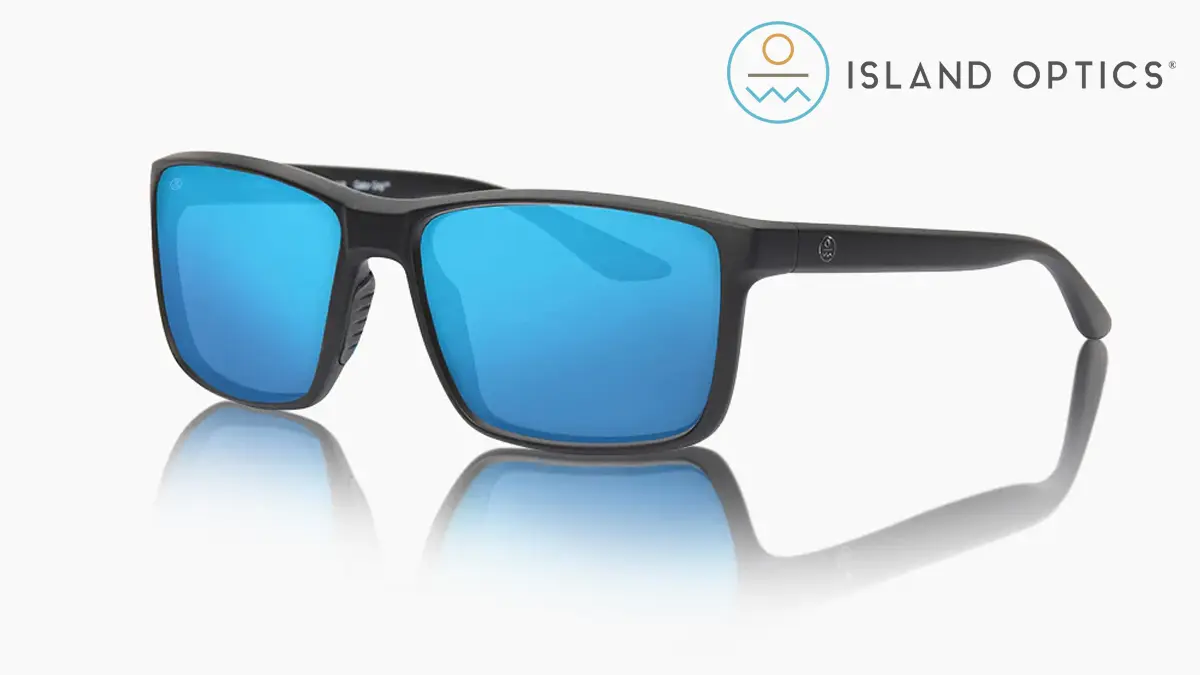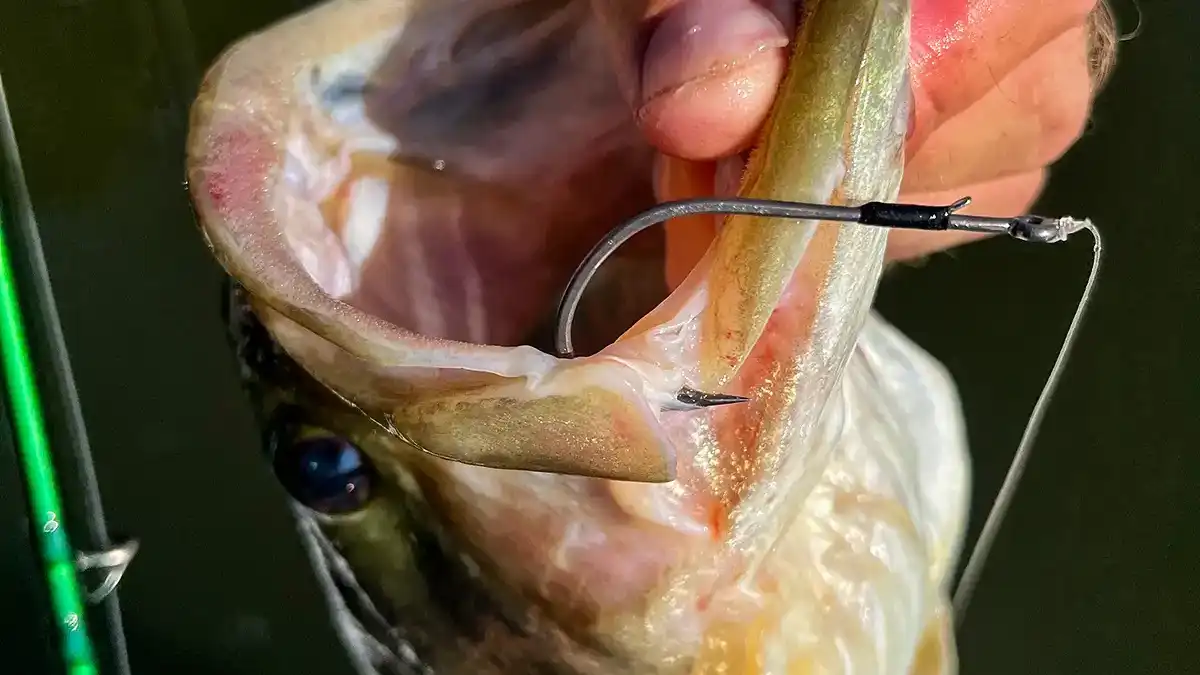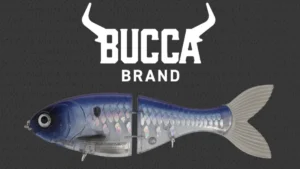Article by Ronell Smith
Let’s play a quick game of word association.
• Starbucks Coffee: friendly, knowledgeable staff, fresh coffee
• Wal-Mart: low prices, low wages
• Toyota Motor Co.: reliable, conservative styling
• McDonald’s: fast food, inexpensive
Even if we don’t share the same top-of-mind descriptions, it’s likely we aren’t far off. Certain brands elicit certain emotions in all of us. Whether we see their names, are exposed to their products or hear mention of their products, an image immediately “appears” in our head, and that image, part of the entities brand statement, lives on as an unconscious association indelibly etched in the brains of consumers.
What image do people have in their minds when they think of you, your company or your products? What’s your brand stand for? I don’t care who you are, what business you are in or how successful you are in that business, if your brand isn’t clearly defined, you’re lost in the weeds, largely irrelevant.
But I’m professsional angler, you say. You think those guys don’t have a personal brand? Try this: KVD—winner, best angler alive, all-American guy. Or maybe your company makes t-shirts or hooks or line or wooden lures. What do your products stand for?
If you haven’t spent any time considering your brand statement, these simple tips can help tease out the most important elements of your brand:
1. What makes you memorable? The last thing this world needs is another ho-hum brand. In this age or noisier-is-best, you need to stick out, but for all the right reasons. Look for those elements of your products, services or persona that seem to have resonance with family members, friends or clients. What words to people frequently use to describe you, your products or your business? Study the similarites, looking for commonality, which can later be used to craft a brand statement.
2. How are you different? If you are afraid to stick out, you can stop reading now. This information is not for you. If you do care about being noticed for all the right reasons, spend some time thinking about your point of differentiation, what makes you or your company different from everything/everyone else on the market. If you say “Nothing,” that’s a problem unto itself. You have lots of work to do. This point cannot be overstated, either, for as writer Mike Michalowicz frequently says, “Better is not better; different is better. It’s hard to define being “better”; “different” is easily recognized. More and more, distinctiveness is a much sought-after asset, one that keeps you top-of-mind and relevant.
3. What statement do you make? If you’ve ever have a friend or family member give you an “accounting of yourself,” you have a good idea of what I’m trying to say here. Everyone and everything makes a statement, whether we like it or not, whether it’s the statement we want to make or not. Maybe yours is the angler who gives the best interviews; the hook manufacturer who’s hooks won’t bend, break or roll; or it could be the apparel marketer who keeps anglers looking and feeling cool. While these might sound like slogans, and certainly slogans can be fashioned from the statements, you’re really getting at what you stand for and have come to be known as.
You’re probably wondering about those instances where a brand means something in the mind’s of consumers that they’d rather not be known as. In the next installment, I’ll look at the steps involved in reshaping a brand.


